Table of Contents
Loss of hair can be caused by stress, vitamin deficiency, hormonal disruption, or an allergic reaction to cosmetics.
Hair is composed primarily of keratin. The chevelure consists of a shaft, and a hair follicle immersed in the dermis and has access to healthy capillaries. The volume, color, and thickness of the hairline are partly dependent on heredity, but various factors affect the type of hair, its rate of growth, and loss.
Hair loss is a natural process, but if you notice increased loss with follicles, this may indicate pathological changes occurring in the body. In this case, it is necessary to contact a trichologist to establish the causes of the loss and select effective ways to deal with it.
Let's see why hair sheds so much and how it can be stopped.
Hair loss causes

You need to determine the symptoms and understand whether you are really dealing with chevelure loss or your problem is brittle hair. In the second case, there is no need to use hair loss remedies. It makes sense to work with another problem and use products to restore damaged chevelure. They will help nourish hair along the length, make it more elastic and eliminate brittleness.
Take one hair, wet it, and gently try to stretch it to do a quick test and determine brittle chevelure level. The hair length should normally increase by about 30%. If a hair is torn, you are dealing with fragility.
Trichologists call the main reasons for loss of hair:
- Stress and increased mental, physical or emotional stress. Stress can also arise when moving to a different climate zone.
- Avitaminosis. For normal hair growth and development, iron, B vitamins, retinol, selenium are required. If there is a deficiency of these microelements in the diet, the hair loses its shine and strength, falls out, and grows worse.
- Hormonal disbalance. Often causes hair loss during puberty, pregnancy, and menopause.
- Uncontrolled intake of medications. Some drugs can inhibit hair growth and cause hair loss. For example, a course of chemotherapy, heparin-based drugs, antidepressants leads to diffuse alopecia.
- Diseases of the skin. Fungi, bacteria, and viruses that attack the skin often affect hair follicles. If you do not contact a trichologist or dermatologist in time, dermatosis can cause partial or complete baldness.
- The cosmetics, regular hot styling, and the effects of cold on the scalp can affect the hair’s condition.
Hair loss after childbirth
Many women experience chevelure loss during pregnancy and after childbirth. Usually, increased hair loss begins 1-4 weeks after the baby is born. Several factors cause this:
- Changes in hormonal levels.
- Stress.
- Lactation, which uses a lot of nutrients.
- Loss of blood during childbirth.
Increased prolapse stops within a year after the birth of the child. But sometimes, the thickness and beauty of the hair are not restored. It is worth contacting a trichologist who will select vitamin complexes to eliminate vitamin deficiency to prevent this from happening.
Hair loss from stress

One of the common causes of hair loss is stress. This is the body's reaction to various negative stress factors, such as increased mental or physical stress. Excessive excitement and anxiety elicit a response from the central and peripheral nervous system. Capillaries narrow, tissue nutrition worsens, the hair follicle receives fewer nutrients, which leads to hair loss.
Another effect of stress on the hair’s condition is leading to a change in the cycles of growth and rest, the follicles enter the resting phase, and the hair shaft falls out.
What vitamins are missing if hair falls out?
Due to the lack of iron in the body, chevelure begins to fall out, it grows more slowly, loses its shine and strength.
Hair can also fall out due to the thyroid gland’s diseases that cause disturbances in the production of iodine-containing hormones, necessary for the normal course of metabolic processes. Hypothyroidism is especially dangerous for the condition of the hair, in which there is increased hair loss.
Hair loss is caused not only by a lack of iron but also by other micro and macro elements:
- Zinc deficiency. Participates in metabolic processes and the production of skin cells. In case of its lack, not only hair suffers but also nails.
- Vitamin D deficiency. It causes changes in the skin structure and inhibits the growth and development of hair follicles. As a result, hair grows much worse.
Lack of protein and fat in the diet can also lead to hair loss. A similar phenomenon is encountered by professional athletes who adhere to a strict diet.
Why does hair fall out so much in spring?
In spring, many people experience increased hair loss due to several reasons:
- Avitaminosis. During the winter, the body’s nutrients run out, which leads to a lack of vitamins.
- Temperature fluctuations. Cold harms the hairline’s thickness: the capillaries become narrower, the hair receives fewer nutrients, and begins to fall out.
- Stress and hormonal fluctuations. In spring, people are susceptible to hormonal levels, which can also negatively affect the hair condition.
Why does hair shed so much when cleaning your head? The life cycle of a hair is divided into three stages: growth, dormancy, and shedding. On the head of a person, hair is simultaneously present in all three phases of its cycle. Hair that is in the stage of falling out easily reacts to any external influence and falls out.
Trichologists have calculated that the rate of hair loss is about 100 per day. About 10,000 hairs on the head are at the same time at the stage of growth arrest and can fall out when combing or shampooing.
How to stop hair from falling out?

If you notice that you are losing more hair every day than before, make an appointment with your doctor. The trichologist will conduct a diagnostic procedure to establish the viability of the follicles. Based on the results, the doctor will diagnose, if necessary, send for additional studies to identify the cause of the loss.
It is also worth contacting a trichologist if you notice:
- Dandruff and itchy scalp.
- Split ends.
- Deterioration of the hair’s general condition (lost its shine, looks dull, becomes brittle).
Often, loss of hair is not caused by external but internal causes such as hormonal imbalances or lack of nutrients. It is impossible to determine the cause of baldness independently. You need to contact a trichologist, who does the necessary research.
Based on the results, the trichologist will determine the type of alopecia and develop an effective treatment. The products made at home can only slightly improve the hair’s condition. For example, masks made from natural ingredients of honey, cinnamon, nettle decoction, and so on are trendy. They work by nourishing the surface layer of the skin and heating it. As a result, the blood supply to the hair follicles improves, and they become stronger.
Masks should not be done if the cause of baldness is seborrheic dermatitis or a skin infection. In this case, the procedure will only cause additional skin inflammation, exacerbate the condition, or fungal infection. For effective and efficient treatment, a specialist consultation is required.
How to stop hair loss?
You need to identify the cause to stop hair loss. If it is caused by hormonal imbalance, drugs are prescribed to compensate for the lack or excess of hormones. Vitamin complexes are also prescribed to eliminate iron, zinc, vitamins A, and group B. The complex of vitamins and drugs is selected individually, depending on the patient’s body’s individual characteristics. Moreover, mesotherapy allows you to nourish the deep layers of the dermis, which positively affects the condition of the hair.
How to hide hair loss during treatment?

Treatment of the causes of loss of hair may take some time, but life cannot be paused. You can use extensions to continue to look stylish, go to work, and have beautiful hairdos. There are many ways to increase chevelure volume and length with hair extensions now. You can use ponytail or halo extensions that are easy to put on and will be almost invisible in your hairstyle.
If you notice that more hair remains on the comb than before, this is an alarming sign and a reason to sign up for a consultation with a trichologist. Also, the doctor may choose other procedures aimed at strengthening hair follicles and active hair growth.
Read also:
How To Stop Hair Shedding? Causes And Treatment

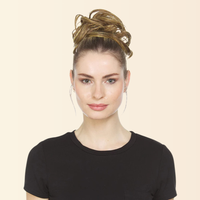
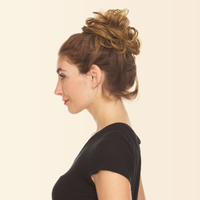

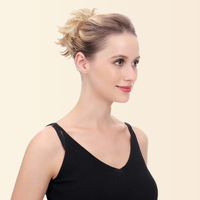


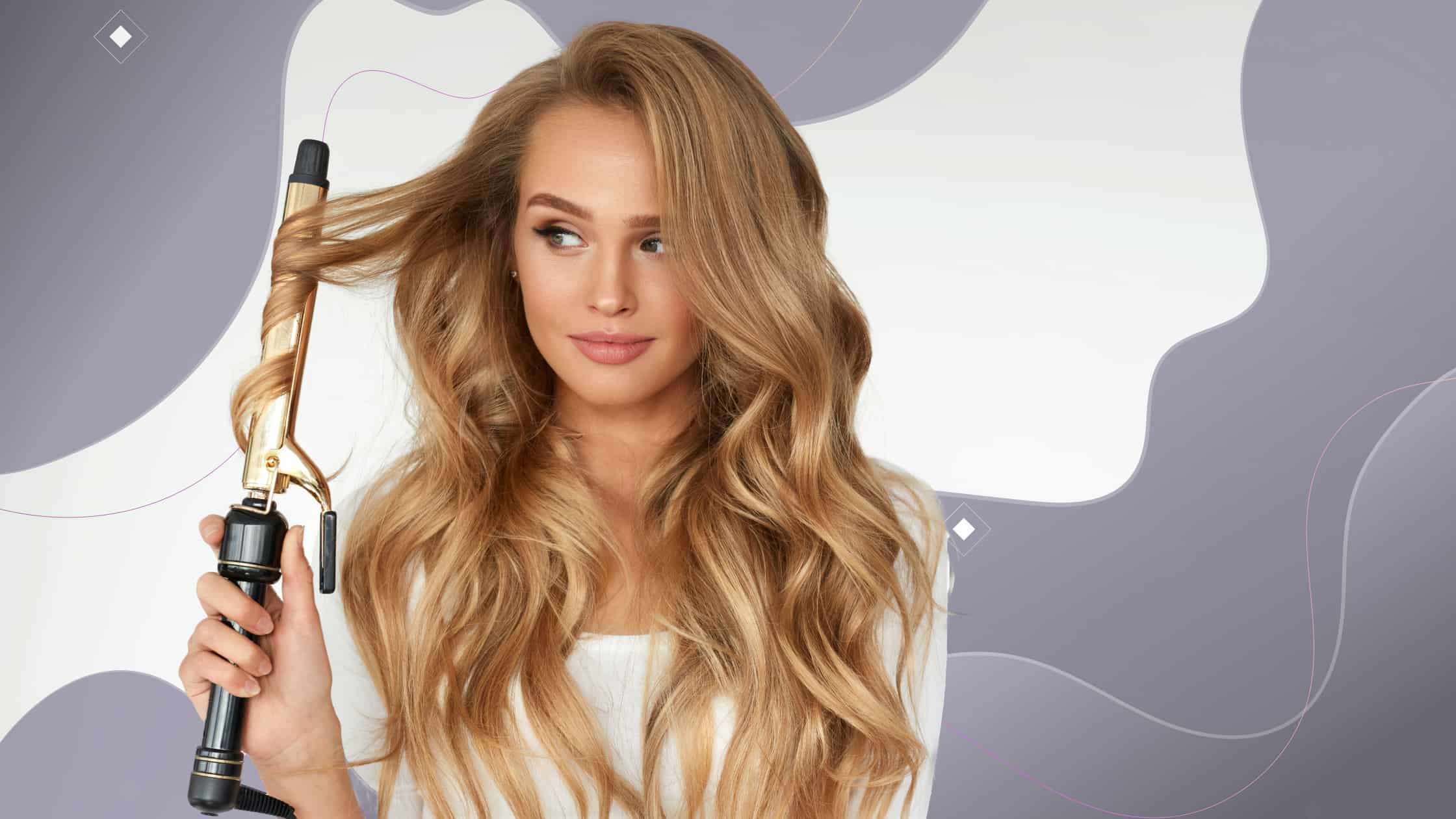
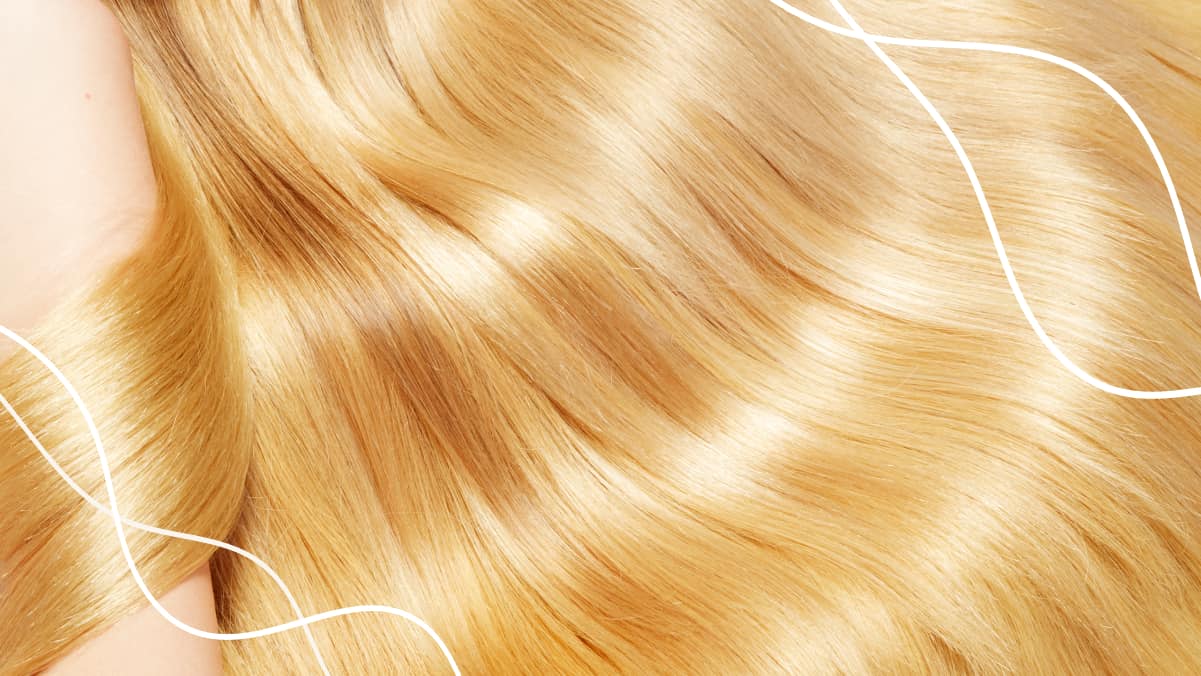
Leave a comment
This site is protected by hCaptcha and the hCaptcha Privacy Policy and Terms of Service apply.